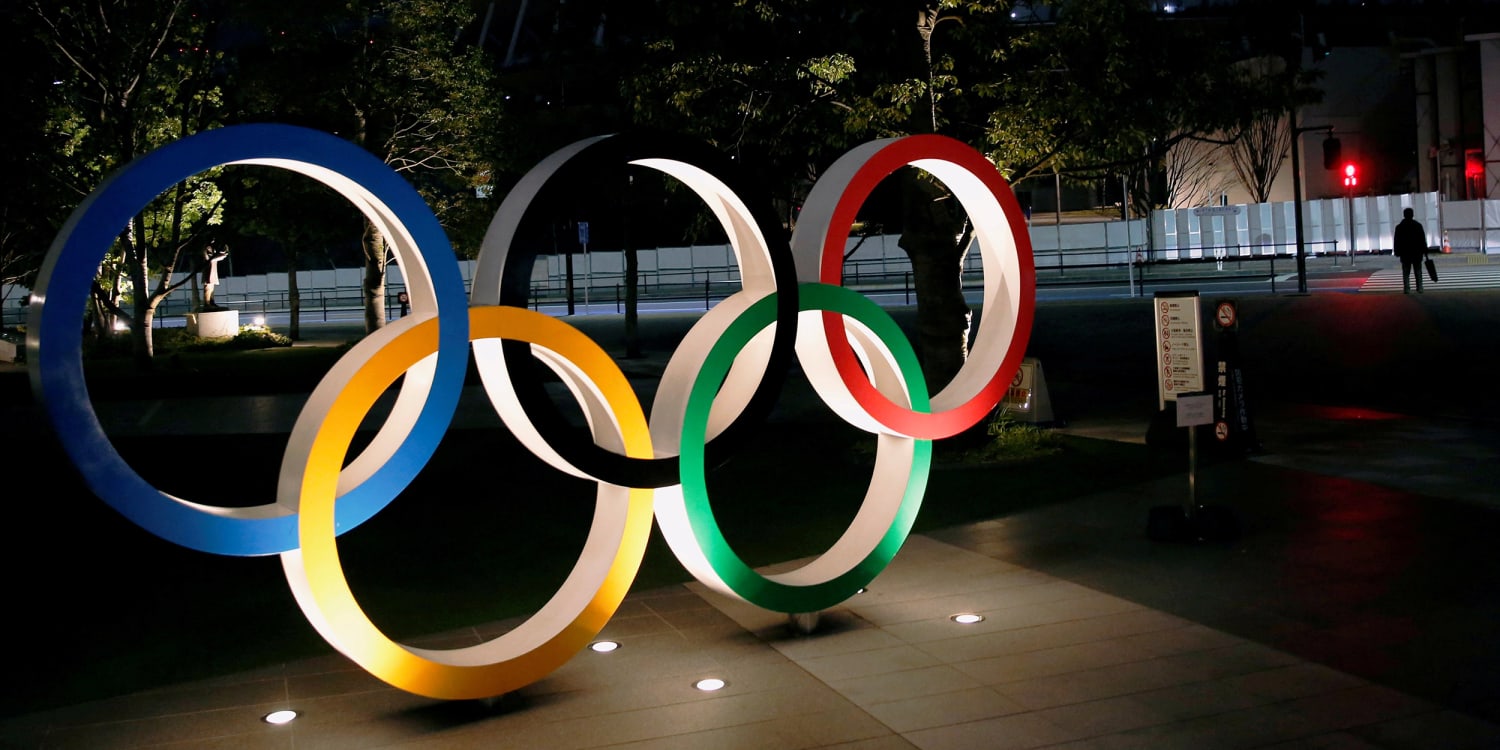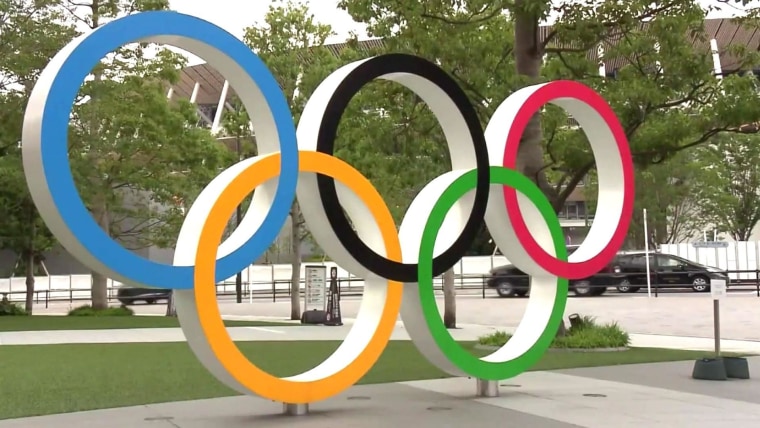TOKYO — Hugs, high fives or handshakes are banned from the Tokyo Olympics this summer and athletes will not be able to watch and cheer on their teammates at the venues, under the first set of strict new rules for the games introduced Wednesday.
And those spectators supporting athletes in the stands are being asked not to sing or chant, but to only clap instead.
As the pandemic persists, the International Olympic Committee, the International Paralympic Committee and Japanese organizers unveiled the first of the “playbooks” aimed at reducing the chance of an outbreak at the world’s biggest sporting event.
Postponed last year because of the virus, the atmosphere will be different when the games take place July 23 to Aug. 8. The Paralympics, set for Aug. 24 to Sept. 5, will be subject to the same rules.
The IOC said more detailed playbooks for athletes and broadcasters will be published in the coming days.
The first playbook reiterates the basic rules of social distancing, but also lists additional measures for athletes, officials, spectators and members of international sporting federations.
Athletes and officials will have to wear a face mask at “all times,” except when eating or sleeping, it says, adding that they should avoid “unnecessary forms of physical contact” like hugs, high-fives and handshakes. They should also seek permission before using public transport.
Unlike previous games, athletes won’t be allowed to visit venues as spectators. Those breaching the rules could be prevented from competing.
Athletes will be tested at least every four days, the IOC’s operations director Pierre Ducrey told a virtual news conference on Wednesday as the first playbook was released.
“There will be a number of constraints and conditions that the participants will have to respect and follow, which will have an impact on their experience, particularly when it comes to the social aspects of what an Olympic experience can be,” Ducrey said.
A more detailed testing regime for the athletes will be spelled out later, organizers said.
The playbook did not mention the general public, but Ducrey said the IOC would ask spectators to “respect a number of rules.”
While getting vaccinated is not a requirement to take part in the Olympics, the playbook said the IOC will work with national teams to “encourage and assist” their athletes and officials to get vaccinated in their home countries “in line with national immunization guidelines” before they go to Japan.
Download the NBC News app for breaking news and politics
The IOC and Tokyo organizers have been adamant that the Olympics will take place this summer, with proper precautions. Last month, Japanese officials vehemently denied a newspaper report suggesting that the Olympics could be canceled.
Japanese Prime Minister Yoshihide Suga extended the country’s state of emergency until early March on Tuesday, although the country has has fared better than many other countries, with nearly 400,000 confirmed cases and 6,000 deaths. More than 2.2 million people have died worldwide.
Tokyo 2020 delivery officer Nakamura Hidemasa said Wednesday that the first playbook was meant to communicate “what we know at this time” to a large number of people in an easy-to-understand manner. The playbooks will be updated in April and June, taking into consideration new pandemic developments, the IOC said.
Arata Yamamoto reported from Tokyo, and Yuliya Talmazan from London.
Source: | This article originally belongs to Nbcnews.com












